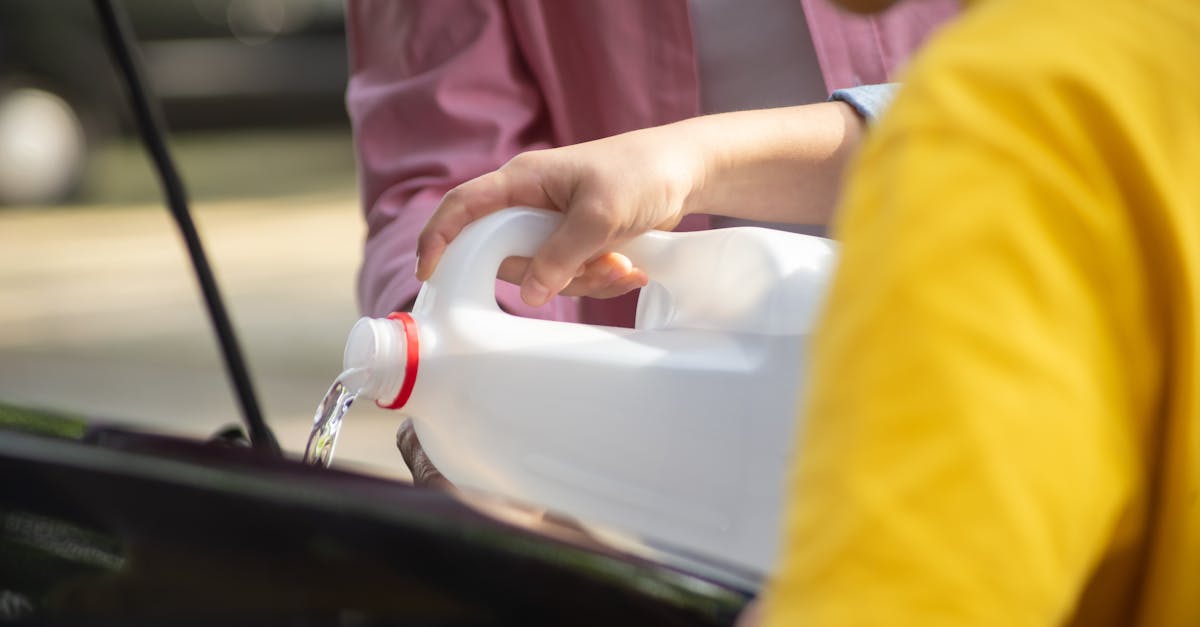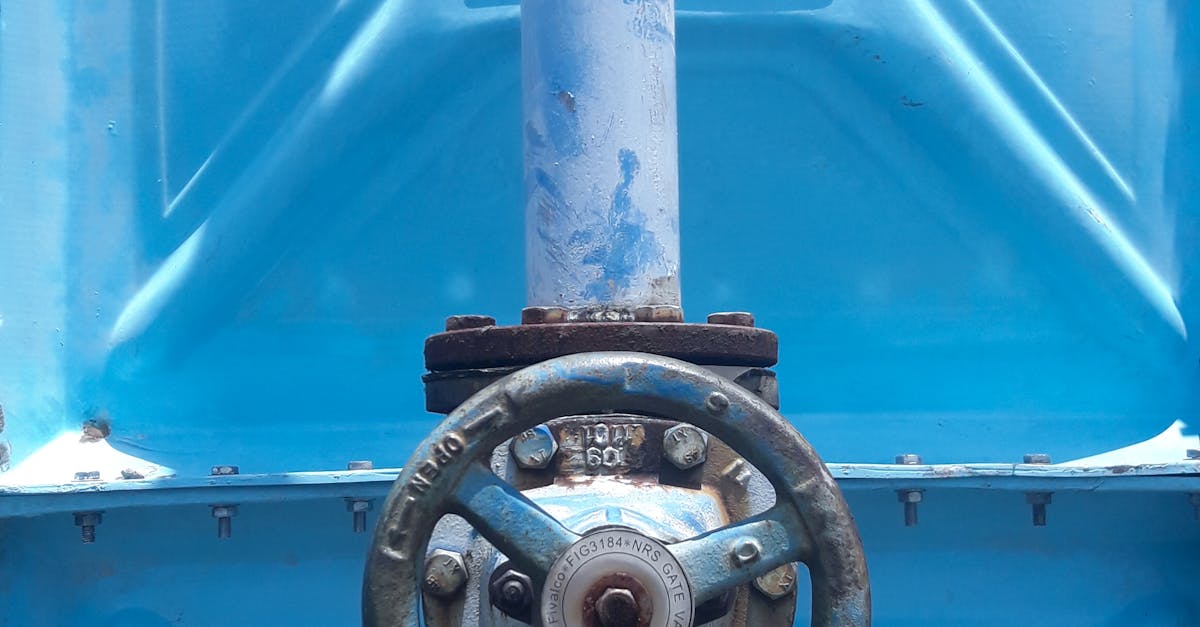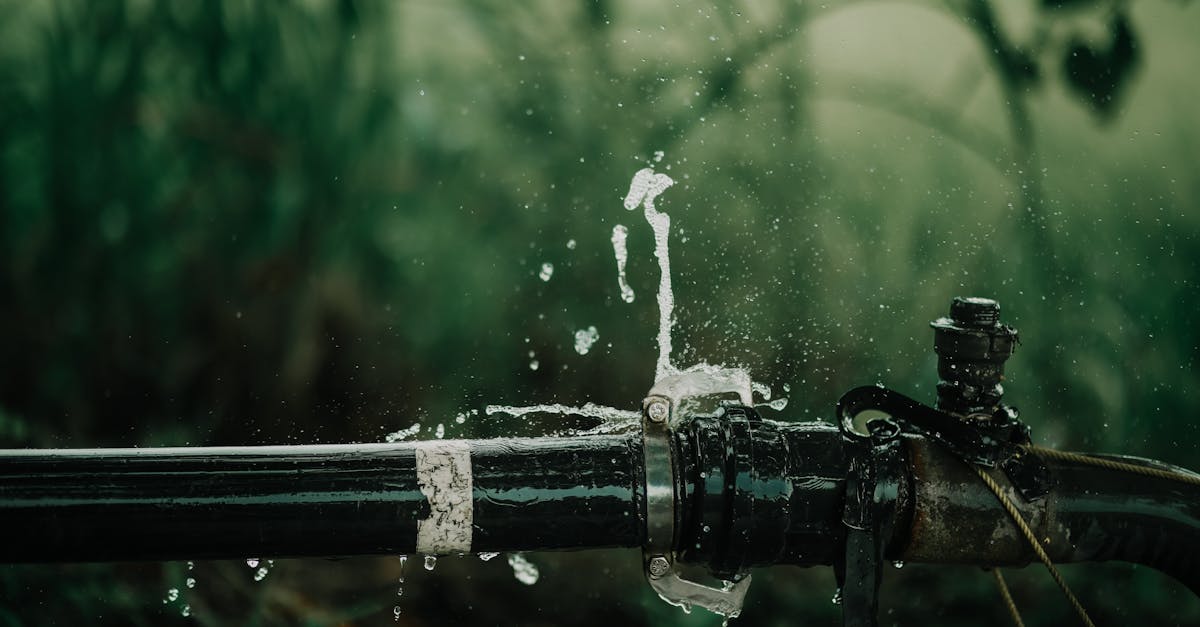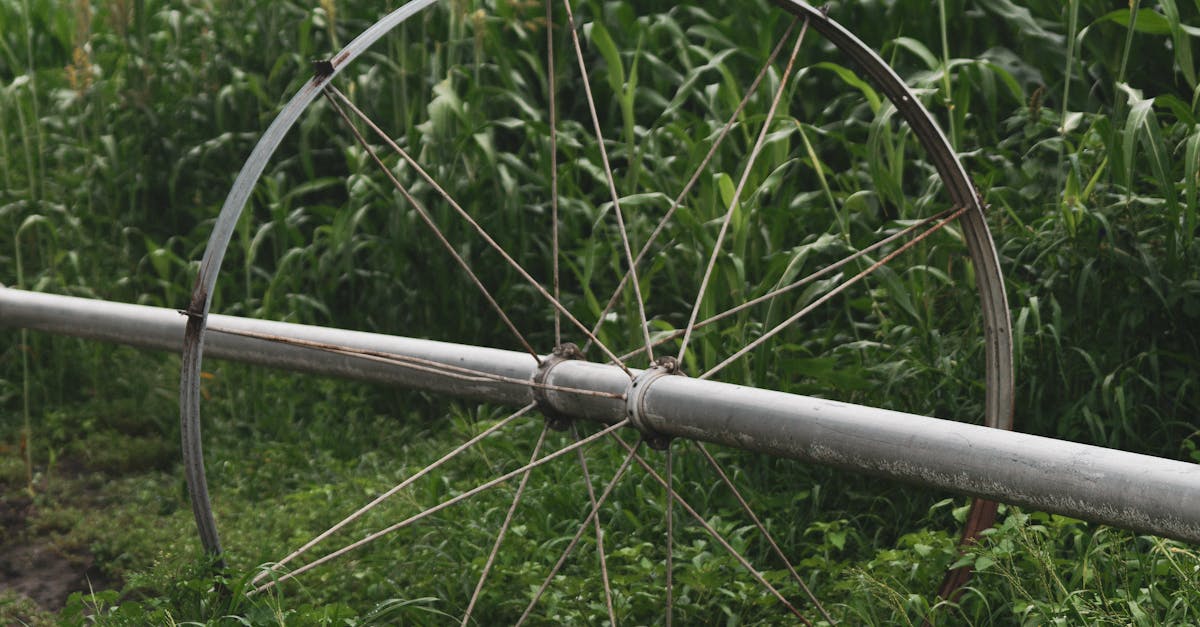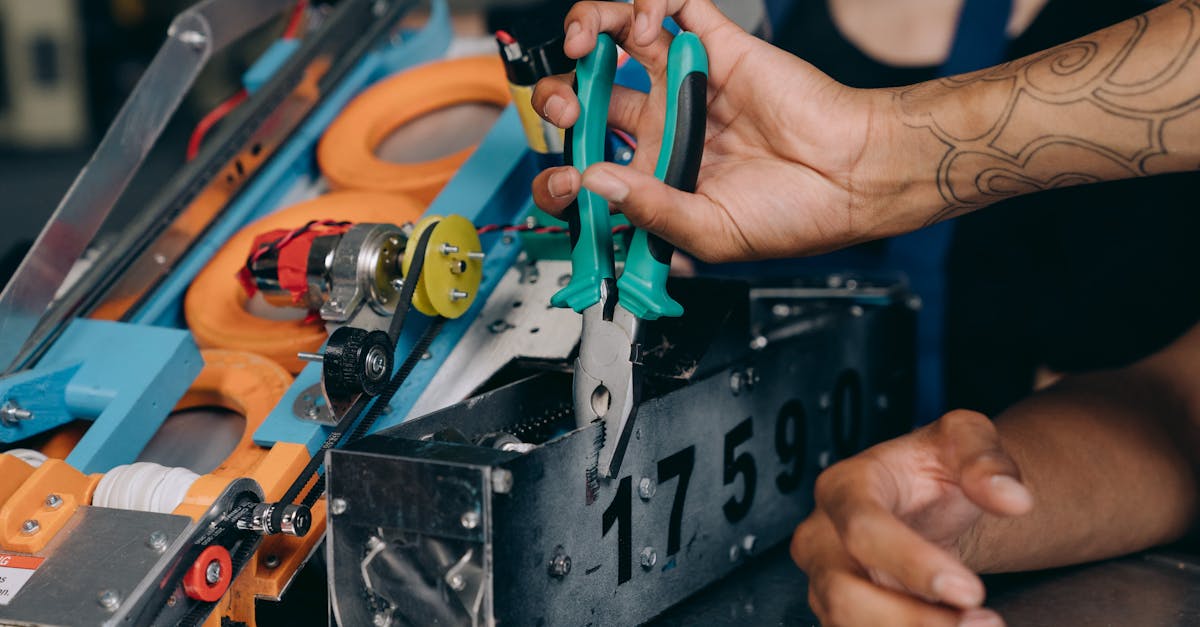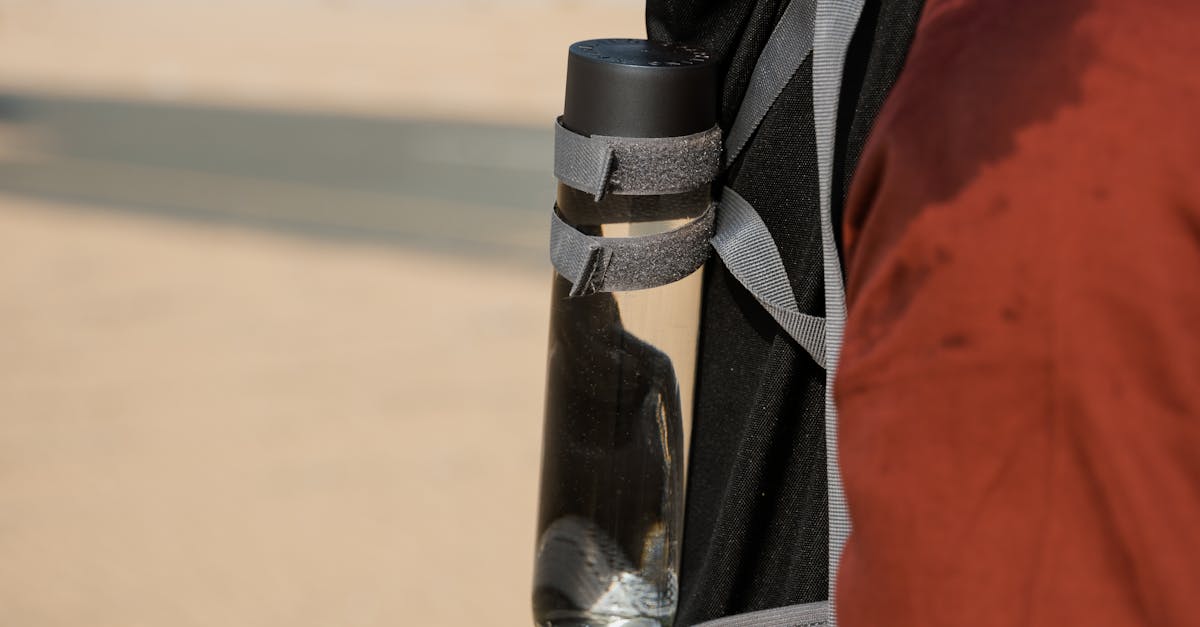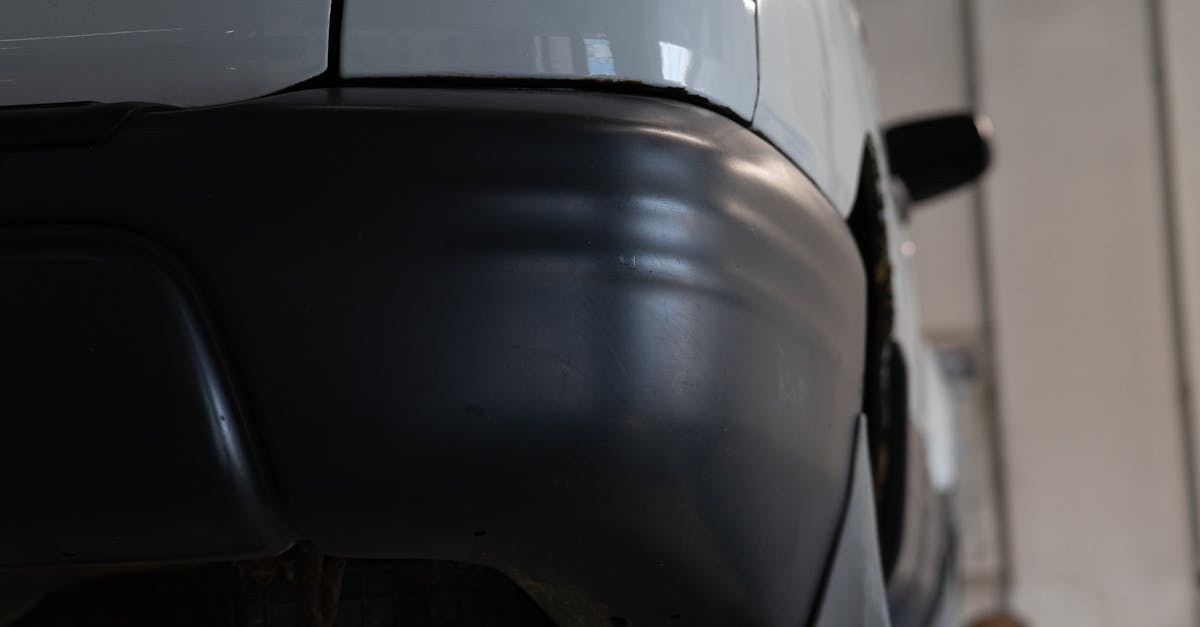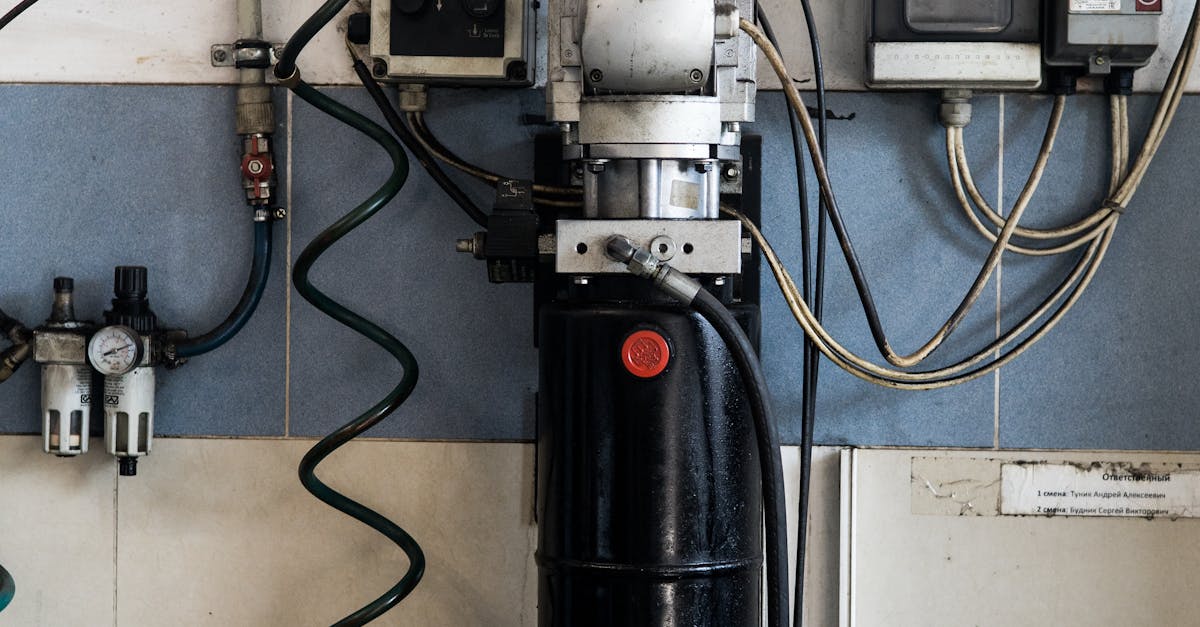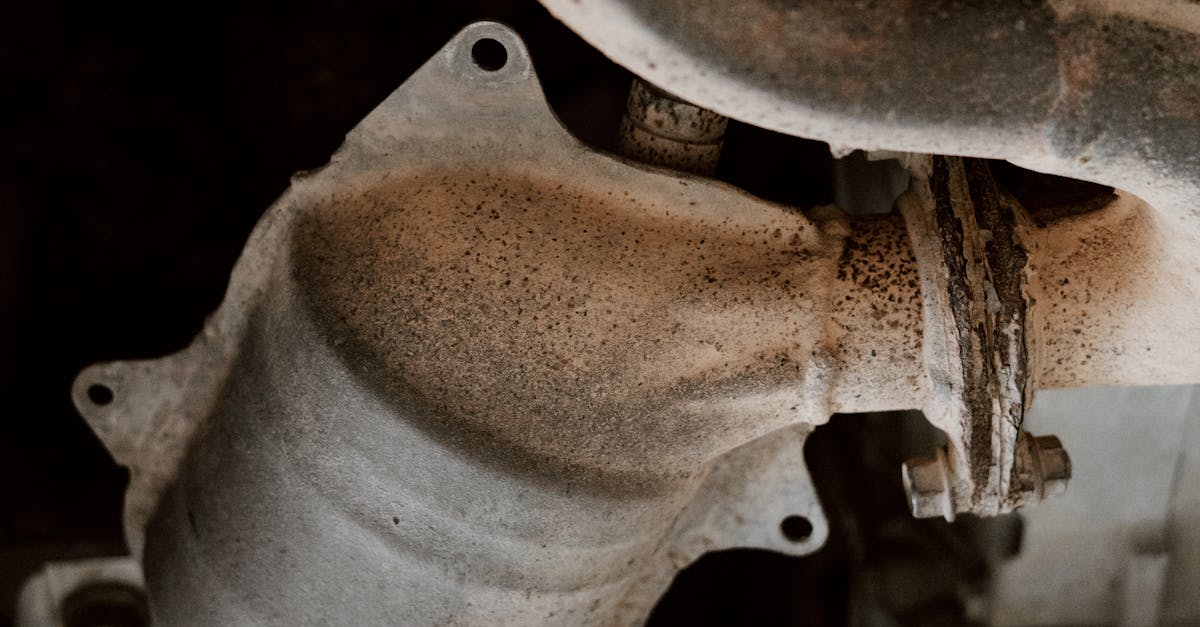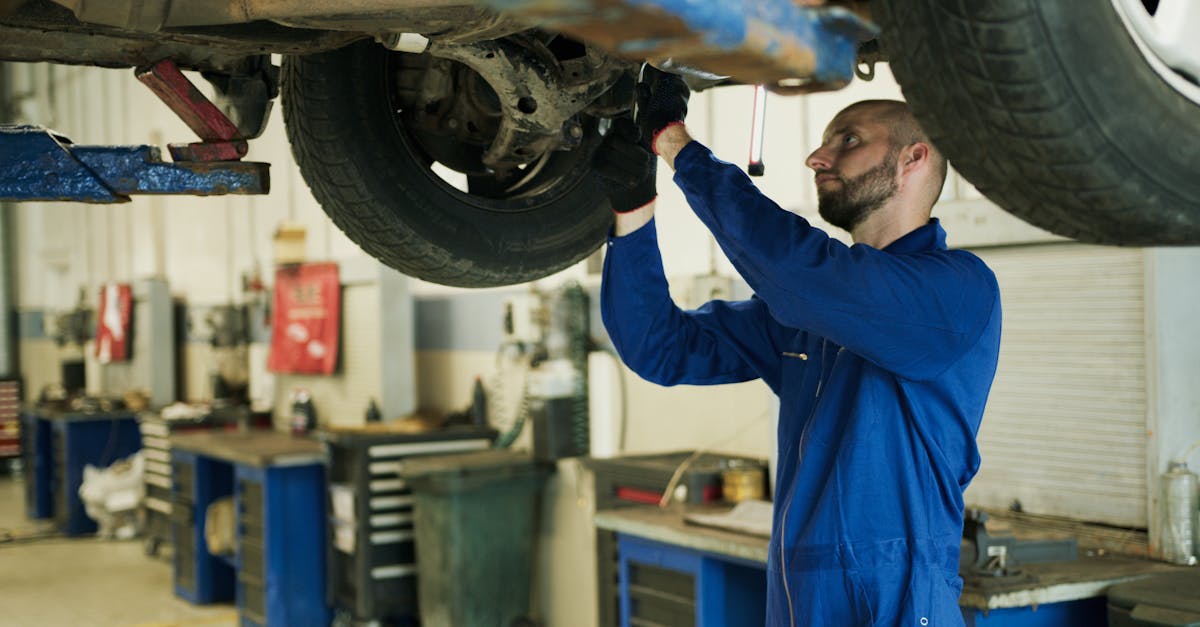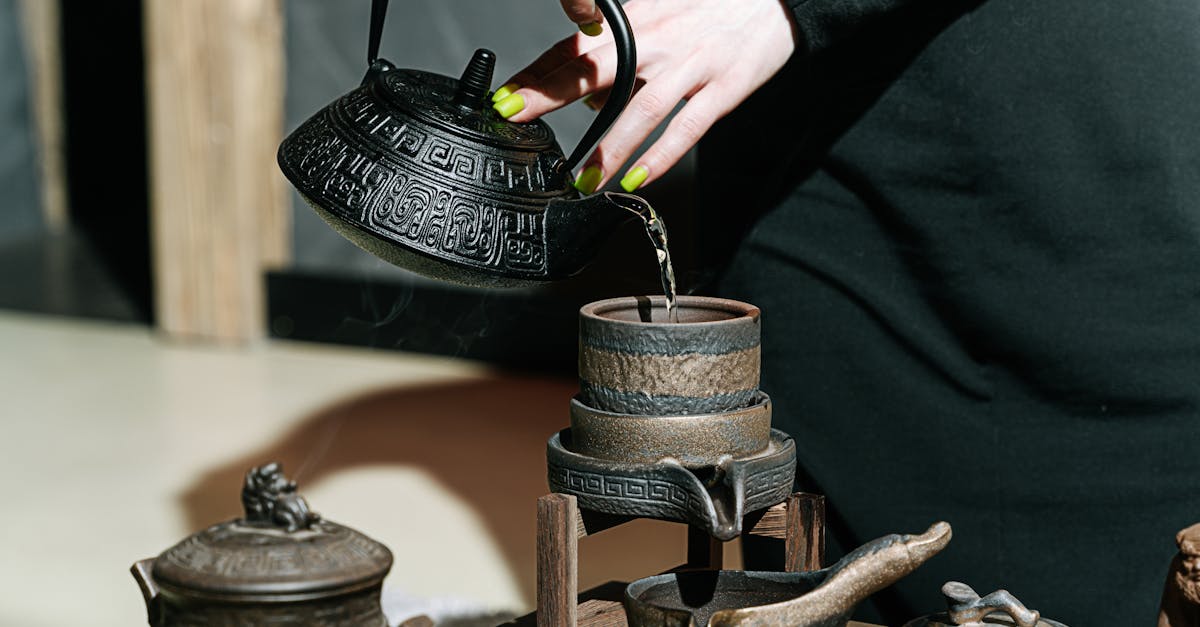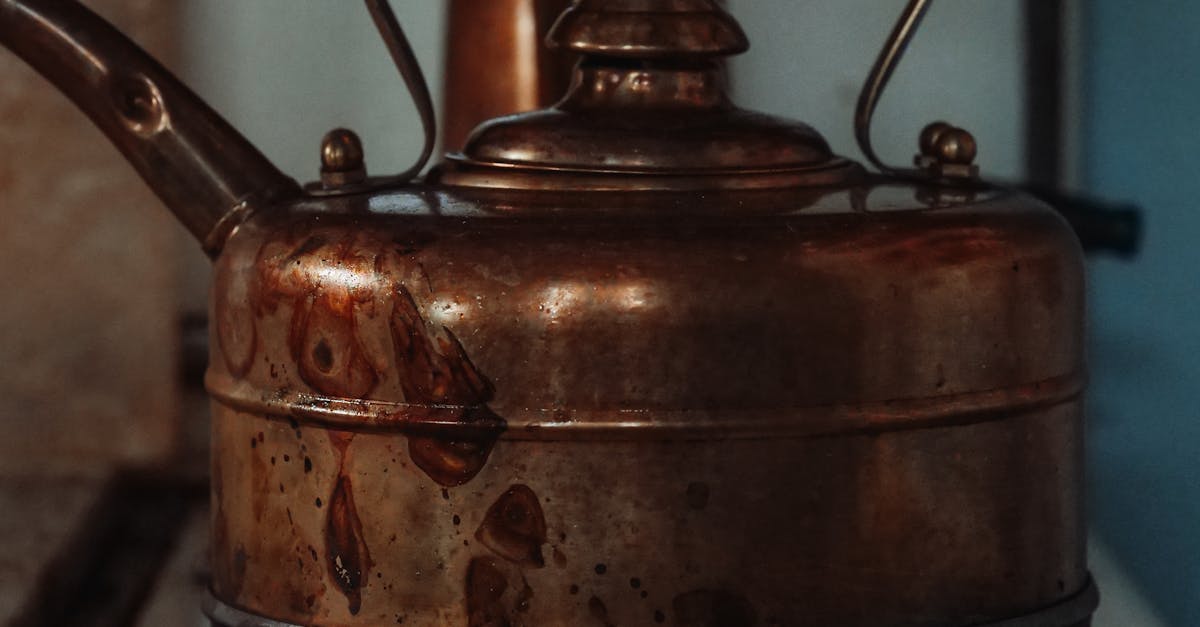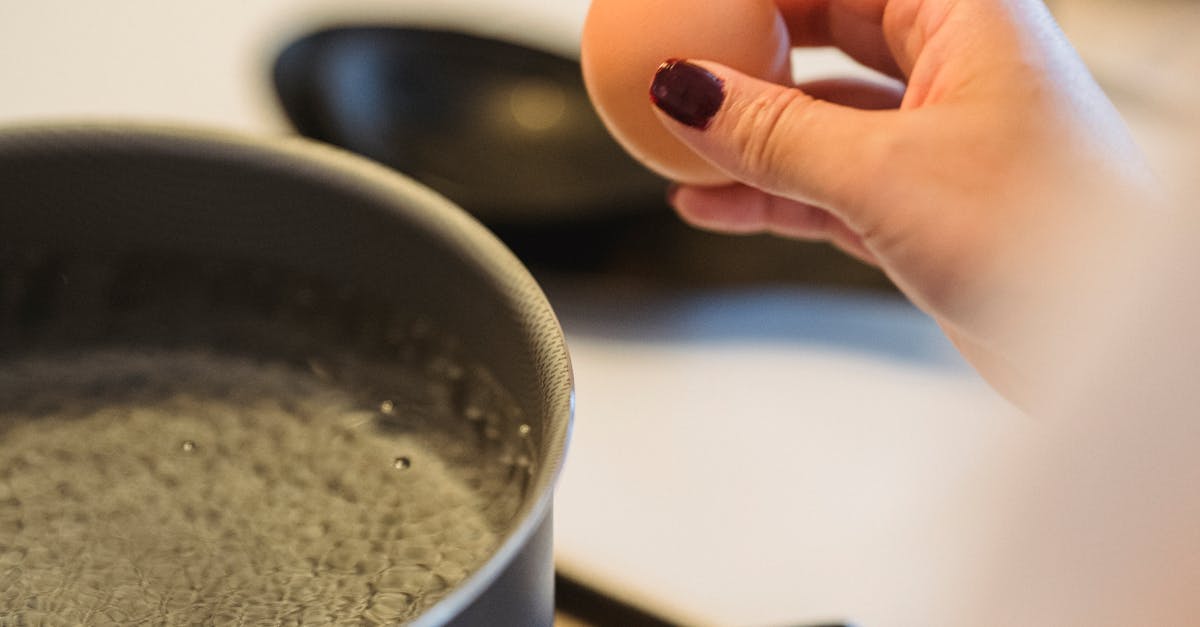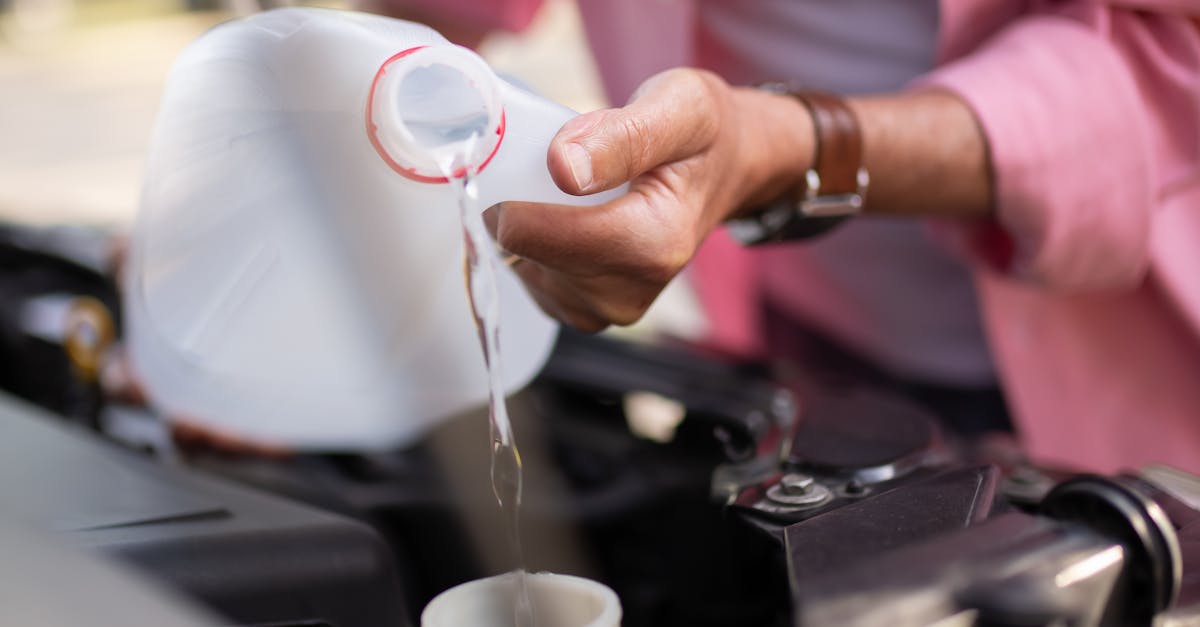
Table Of Contents
Examining Water Supply Lines
When faced with inadequate hot water, inspecting the water supply lines is crucial. These lines transport water from the source to your hot water system. Blockages or leaks in these pipes can disrupt the flow, resulting in tepid or no hot water at all. It’s essential to check for visible signs of wear, such as corrosion or water stains, which may indicate underlying issues. A thorough examination might highlight parts in need of replacement or simple maintenance.
In addition to visual checks, consider the connection points where supply lines meet your hot water system. These joints can sometimes become loose over time, leading to leaks that compromise system performance. If issues are found during the inspection, seeking professional assistance for hot water system repair may be necessary. This can help restore proper functionality while ensuring that all components operate efficiently together.
The Importance of Proper Water Flow
Proper water flow is essential for a functional hot water system. When the flow is obstructed or inadequate, it can lead to insufficient heating, leaving users with lukewarm or cold water. This can occur due to a variety of factors, such as sediment build-up in the tank or issues with the inlet supply line. Ensuring these components are regularly checked and maintained is crucial for optimal performance.
Regular maintenance includes checking the valves and ensuring they are fully operational. If problems persist, it may be time to consider hot water system repair. Addressing flow issues promptly can prevent further complications and ensure that your hot water system continues to meet your household needs efficiently.
Evaluating System Age and Maintenance
The age of your hot water system plays a significant role in its efficiency and performance. Systems typically have a lifespan of around 8 to 12 years. As they age, the components within can wear out, leading to decreased hot water availability. Regular maintenance can extend the life of your system, but neglecting it may result in unexpected breakdowns, necessitating prompt hot water system repair to restore function.
Maintenance practices should include periodic checks of heating elements, thermostat settings, and valves. Sediment build-up can also affect performance, making it essential to flush the tank regularly. If repairs are needed, addressing them quickly can help avoid more extensive damage. Understanding the system's requirements for upkeep can mitigate the need for frequent hot water system repair, ensuring a steady supply of hot water for daily use.
The Impact of Wear and Tear
Over time, a hot water system can experience significant wear and tear, leading to performance issues. Components such as heating elements, thermostats, and valves may begin to malfunction due to age or corrosion. Regular maintenance becomes essential in extending the lifespan of the system and ensuring adequate hot water supply. Neglecting such maintenance can result in costly breakdowns and require immediate hot water system repair.
The quality of materials used in a hot water system also influences its durability. Inferior materials may corrode or fail prematurely, increasing the likelihood of leaks or other failures. Homeowners should be aware of the signs of wear, such as fluctuating water temperatures or unusual noises, signalling that hot water system repair may be necessary to restore functionality. Regular check-ups can aid in identifying potential issues before they escalate.
Understanding Pressure Relief Valve Issues
The pressure relief valve, often located on the hot water tank, is a crucial component in maintaining safe and efficient operation. This valve is designed to relieve excess pressure that builds up within the system. If it becomes faulty or clogged, it can prevent hot water from circulating properly, resulting in a lack of access to heated water. Regular maintenance can help ensure that the pressure relief valve functions correctly, thus avoiding the need for urgent Hot Water System repair later on.
Signs of trouble with the pressure relief valve may include water leaking from the valve itself or unusual noises from the hot water tank. These indicators suggest that the valve may need immediate attention. Addressing these issues promptly can prevent more significant problems, including damage to the entire system. For homeowners, understanding the importance of this valve can make a significant difference in hot water availability and overall system efficiency.
What to Look For in Your System
Inspecting the pressure relief valve requires attention to its overall condition and functionality. A valve that shows signs of wear or corrosion might not operate effectively, leading to issues with hot water availability. Observing any leaks or irregular sounds during operation can indicate potential malfunctions. Regular checks can help identify these problems early, saving both time and money in the long run.
Looking for sediment buildup in the tank is also crucial. Accumulated minerals can hinder the heating elements’ efficiency. Flushing the tank periodically can improve performance and extend the lifespan of the system. If you notice ongoing issues, it may be time to consult a professional for Hot Water System repair. Doing so ensures that your system runs smoothly and continues to meet your hot water needs efficiently.
FAQS
Why is my tap running but not producing hot water?
This could be due to several reasons, including a malfunctioning water heater, issues with your plumbing system, or a problem with the hot water supply lines.
How can I tell if my water heater is faulty?
Signs of a faulty water heater include unusual noises, leaks, inconsistent water temperature, or if the unit is older than its expected lifespan.
What should I do if I suspect a pressure relief valve issue?
If you suspect an issue with the pressure relief valve, it’s best to contact a qualified plumber who can inspect and address the problem safely.
How often should I maintain my hot water system?
It’s generally recommended to have your hot water system serviced annually to ensure it operates efficiently and to prolong its lifespan.
Can wear and tear on my plumbing system affect hot water supply?
Yes, wear and tear can lead to issues such as leaks or blockages, which can impair the flow of hot water throughout your system. Regular maintenance can help prevent these issues.

